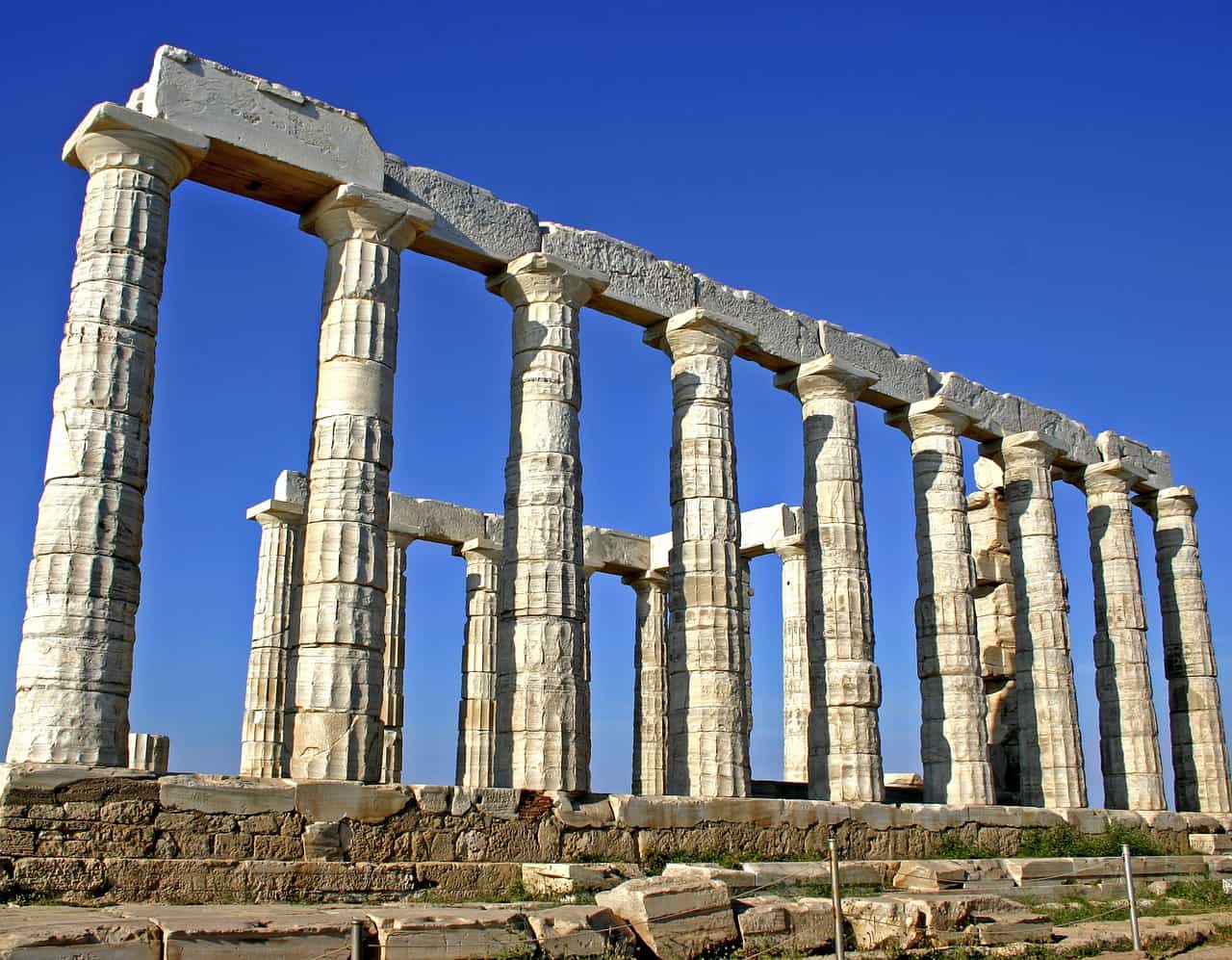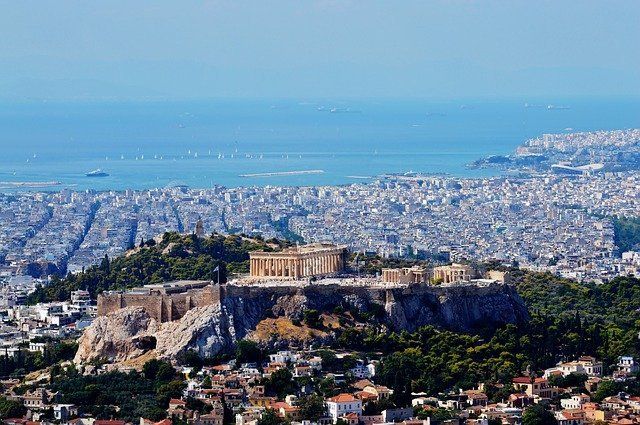
Heretic!
Angela is a quietly spoken lady who lives in a town in Greece. She visits an old people’s home every week in order to love and care for the old people. One day as she visited the home she met two other visitors who were polite and asked her about her background. They said, ‘We must meet again and have coffee’.
Hatred
Angela continues her story: ‘I was walking down the street some weeks later and someone shouted, “Heretic! Take your hands off the Orthodox!” I turned around and saw a face contorted with hate. It was one of the two other visitors’.
Angela thought that the ladies had talked to their priest who told them that she was a heretic and dangerous. Angela has had many such experiences.
I was surprised that this gentle lady of near-retirement age had been treated in such a way. Was she an insensitive ‘Bible-basher’, merely out to convert Orthodox to Evangelicalism, rather than lead sinners to Christ?

She responded: ‘I only talk to people when they ask. I would not start off by encouraging someone to leave the Greek Orthodox Church. If they were to do that, then they would have to have been led by the Holy Spirit’.
In fact most of her friends are Greek Orthodox people. When a Greek Orthodox priest investigated her activities at the old people’s home, the old ladies refused to say anything against Angela and defended her reputation.
Perhaps it was because she was foreign? No. The fact is that it is normal for posters to be displayed in the streets of Greece calling Protestants ‘heretics’ and calling them back to Orthodoxy. Angela’s Greek Evangelical Church has experienced discrimination too. Sometimes eggs are thrown at the church building.
Persecution from family
I have met many Greek Orthodox believers who have begun to read the Bible and come to a personal faith in Christ. They usually face opposition from their families.
One lady told me how her sixty-year-old father’s eyes were filled with tears when he heard that she read the Bible and he told her that she was ‘leaving the Orthodox way’. A man told me how his father threatened him with a knife when he heard that he was attending Bible studies.
Another described how his family disinherited him when he came to faith in Christ. This was serious, as he was a farmer who relied on his inherited land. He was forced to emigrate to find work.
One young lady, with a dynamic testimony, described how her father, a priest, divorced her mother, when her mother became a believer. On one hand, Greeks are a friendly and hospitable people. On the other, they are deeply suspicious of non-Orthodox.

‘Greek is Orthodox’
Orthodox Christianity is the established religion of Greece. During the four centuries of occupation by Turkey, which ended in 1827, the Orthodox Church helped to preserve the Greek language and national identity. The Church was an important rallying point in the struggle for independence.
Today, 97% of Greeks are Orthodox and a common expression is, ‘to be Greek is to be Orthodox’.
Many Greeks even describe themselves as ‘atheist Orthodox’. They are baptised, married and buried by the church, but otherwise do not set foot in an Orthodox church. Yet, if you do not belong, you are considered to be a heretic!
I visited a well-known Orthodox monastery and asked a monk how someone could be saved. I was told, ‘If you are Orthodox then your name is written in the Book of life’. When I asked the monk how he knew this, he responded: ‘It is written in the Holy Scriptures’. When he found out that I was Protestant he told me to leave!
Campaign
The president of the Greek Evangelical Alliance (GEA) wrote in 2000 that the Evangelical community has been ‘facing an attack on religious minorities in our country, including the church. Churches, camps, radio stations and other activities have all been targeted’.
The state church organised an ‘anti-heresy campaign for the year 2000’, which labelled Protestant churches as heretical.

The GEA alleged that the campaign used ‘technical grounds’ to close local churches, and cited a case in Larissa as an example. Fortunately the GEA helped the Christian centre in Larissa to win its case on appeal, overturning a six-month prison sentence for three believers in the process. They had been sentenced for exercising their Christian ministries.
Other Greek Christians have recently faced trial because of their activities. In December 2000, eleven Evangelical pastors in Thessaloniki were summoned to court, accused of operating their churches without an official ‘House of Prayer’ licence. Happily the churches won the case.
Persecution by way of the media also occurs. This year, a bookshop in Larissa, which sells Bibles, videos and stationery, has been criticised on the local radio and in the press. Priests have warned people not to go to it because it is run by Protestants.
Clarity
Protestants who share their faith in Greece have to be ready to face opposition as they come alongside those they witness to. Yet, the up-side of this is that such opposition has bred a clarity of spiritual vision in the believers.
They realise the gospel is at the heart of their lives. Christ died for them and heaven is their home. Only those ‘Protestants’ who are content to live without sharing their faith have no trouble from their neighbours!
Believers from an Orthodox background pay the greatest price of persecution when they come to faith in Christ. They may face alienation from those they love the most. Yet, it brings them even greater joy when a loved one comes to Christ out of Orthodoxy.
One great moment for me in Greece was meeting a friend whose cousin had become a true believer. She was overjoyed and had been crying at the news. The height of rejoicing at the salvation of her cousin reflected the depth of despair she had experienced when alienated from the family she loved.



